Hezbollah seize large parts of Beirut
Hezbollah took control of large areas of Beirut today in a 3rd day of clashes between the pro-Iranian group and fighters loyal to the U.S.-backed ruling coalition.
Friday, 09.05.2008.
10:13

Hezbollah took control of large areas of Beirut today in a 3rd day of clashes between the pro-Iranian group and fighters loyal to the U.S.-backed ruling coalition. Security sources said at least 10 people had been killed and 20 wounded. Hezbollah seize large parts of Beirut The thud of exploding grenades and crackle of automatic gunfire echoed across the city in the worst internal strife since the 1975-90 civil war. Gunmen loyal to Hezbollah forced the pro-government Future News television off the air, said a senior official at the Beirut station. Future News is owned by Saad al-Hariri, a Sunni politician and leader of the governing coalition. The security sources said Hezbollah and fighters from the allied Amal movement -- both Shi'ite groups -- had overrun offices of Hariri's Future group across the predominantly Muslim western half of Beirut. Gunmen had also taken over the offices of Hariri's Al-Mustaqbal newspaper, witnesses said. Smoke billowed from the building's windows. The dead included a woman and her 30-year-old son, who were killed when trying to flee Ras al-Nabae -- a mixed Sunni-Shi'ite Beirut district and scene of some of the heaviest clashes. "They were trying to flee to the mountains. Instead of reaching the mountains, they reached the hospital, dead," said a relative of the victims, who declined to give her full name because of security fears. "It's my worst nightmare." In scenes reminiscent of the darkest days of the civil war, young men armed with assault rifles roamed the streets amid smashed cars and smoldering buildings. Security sources said at least 10 people had been killed and 20 wounded. Airport still closed Hezbollah, a political movement with a powerful guerrilla army, on Wednesday took control of all roads leading to Beirut's international airport -- Lebanon's only air link to the outside world. The facility remained paralyzed on Friday. The violence was triggered when the government declared Hezbollah's military communications network illegal. Hezbollah leader Sayyed Hassan Nasrallah said on Thursday the government decision was a declaration of war. Hariri proposed a deal to end the violence under which government decisions that angered Hezbollah would be considered a "misunderstanding". But Hezbollah's al-Manar television quoted an opposition source as rejecting any ideas for ending the fighting other than those proposed by Nasrallah, who has demanded the government rescind its decisions. The U.N. Security Council called for "calm and restraint", urging all sides to return to peaceful dialogue. The White House urged Hezbollah to stop "disruptive" acts. Fighters from Hezbollah and Amal exchanged assault rifle fire and rocket-propelled grenades with pro-government gunmen, including fighters loyal to the Sunni Future movement, in several areas of the capital. Hezbollah, backed by Iran and Syria, has led a 17-month-long political campaign against Prime Minister Fouad Siniora's anti-Syrian cabinet. The group was the only Lebanese faction allowed to keep its weapons after the civil war to fight Israeli forces occupying the south. Israel withdrew in 2000 and the fate of Hezbollah's weapons is at the heart of the political crisis.
Hezbollah seize large parts of Beirut
The thud of exploding grenades and crackle of automatic gunfire echoed across the city in the worst internal strife since the 1975-90 civil war.Gunmen loyal to Hezbollah forced the pro-government Future News television off the air, said a senior official at the Beirut station. Future News is owned by Saad al-Hariri, a Sunni politician and leader of the governing coalition.
The security sources said Hezbollah and fighters from the allied Amal movement -- both Shi'ite groups -- had overrun offices of Hariri's Future group across the predominantly Muslim western half of Beirut.
Gunmen had also taken over the offices of Hariri's Al-Mustaqbal newspaper, witnesses said. Smoke billowed from the building's windows.
The dead included a woman and her 30-year-old son, who were killed when trying to flee Ras al-Nabae -- a mixed Sunni-Shi'ite Beirut district and scene of some of the heaviest clashes.
"They were trying to flee to the mountains. Instead of reaching the mountains, they reached the hospital, dead," said a relative of the victims, who declined to give her full name because of security fears. "It's my worst nightmare."
In scenes reminiscent of the darkest days of the civil war, young men armed with assault rifles roamed the streets amid smashed cars and smoldering buildings.
Security sources said at least 10 people had been killed and 20 wounded.
Airport still closed
Hezbollah, a political movement with a powerful guerrilla army, on Wednesday took control of all roads leading to Beirut's international airport -- Lebanon's only air link to the outside world. The facility remained paralyzed on Friday.The violence was triggered when the government declared Hezbollah's military communications network illegal. Hezbollah leader Sayyed Hassan Nasrallah said on Thursday the government decision was a declaration of war.
Hariri proposed a deal to end the violence under which government decisions that angered Hezbollah would be considered a "misunderstanding".
But Hezbollah's al-Manar television quoted an opposition source as rejecting any ideas for ending the fighting other than those proposed by Nasrallah, who has demanded the government rescind its decisions.
The U.N. Security Council called for "calm and restraint", urging all sides to return to peaceful dialogue. The White House urged Hezbollah to stop "disruptive" acts.
Fighters from Hezbollah and Amal exchanged assault rifle fire and rocket-propelled grenades with pro-government gunmen, including fighters loyal to the Sunni Future movement, in several areas of the capital.
Hezbollah, backed by Iran and Syria, has led a 17-month-long political campaign against Prime Minister Fouad Siniora's anti-Syrian cabinet.
The group was the only Lebanese faction allowed to keep its weapons after the civil war to fight Israeli forces occupying the south. Israel withdrew in 2000 and the fate of Hezbollah's weapons is at the heart of the political crisis.




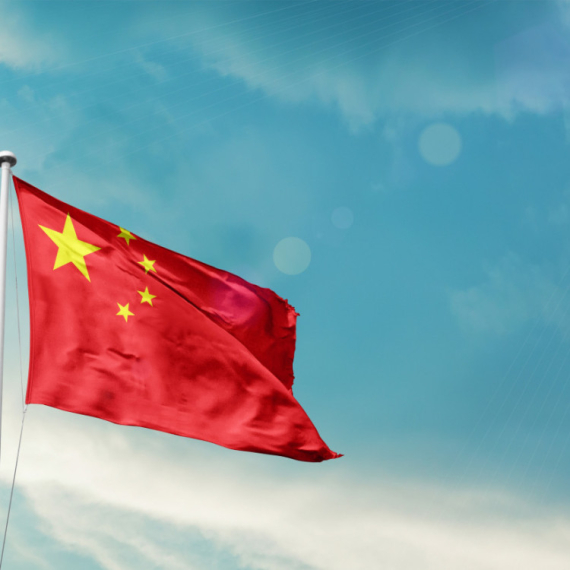





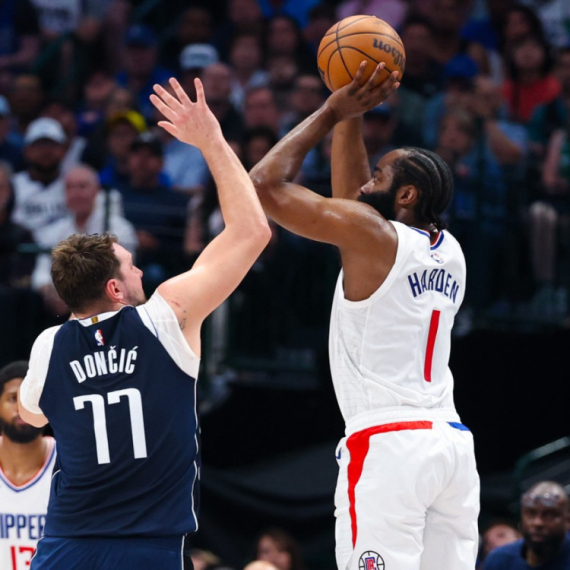

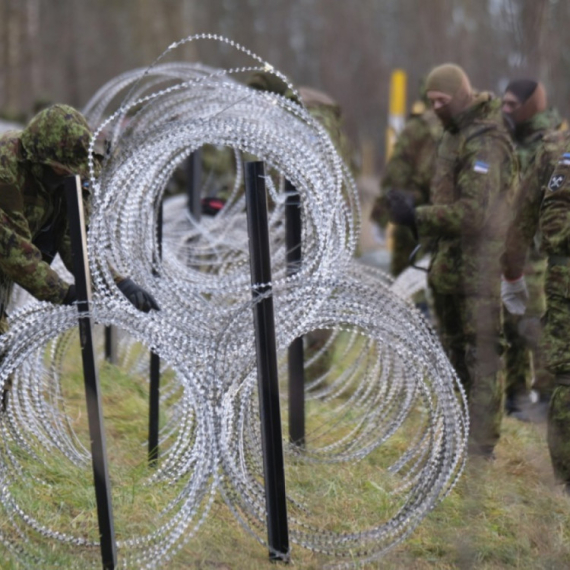
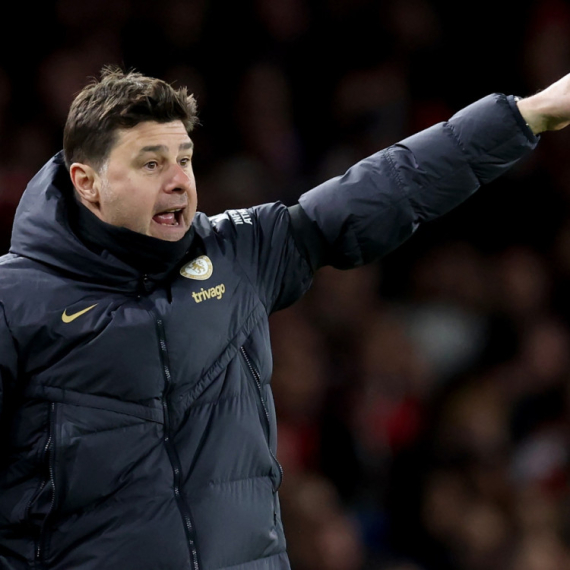
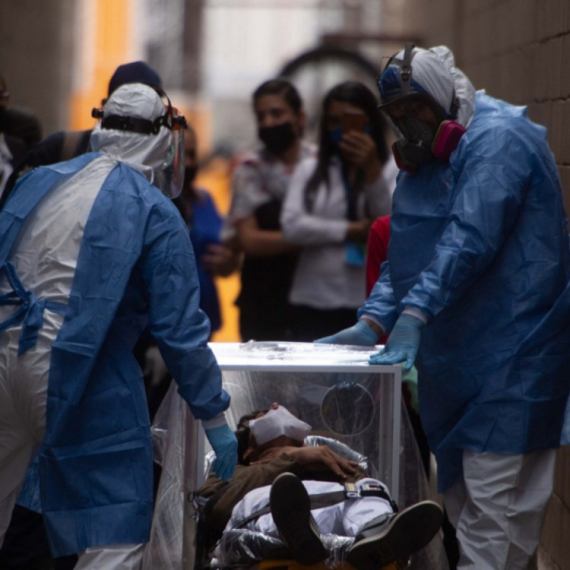
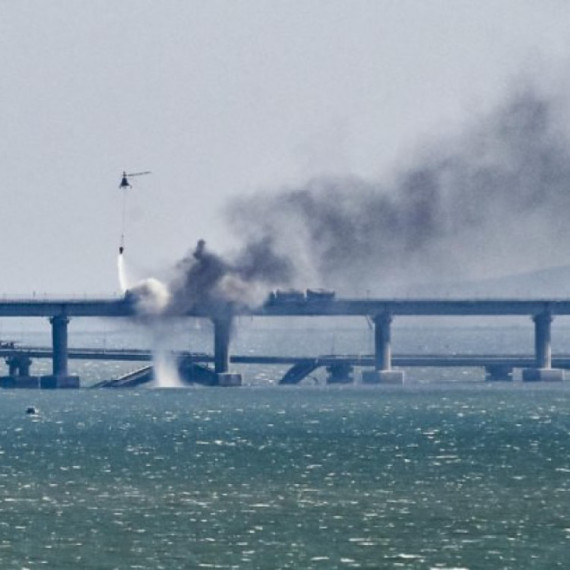

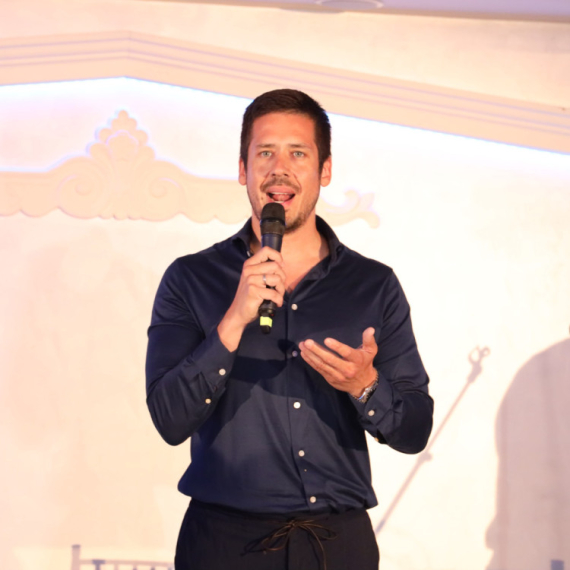
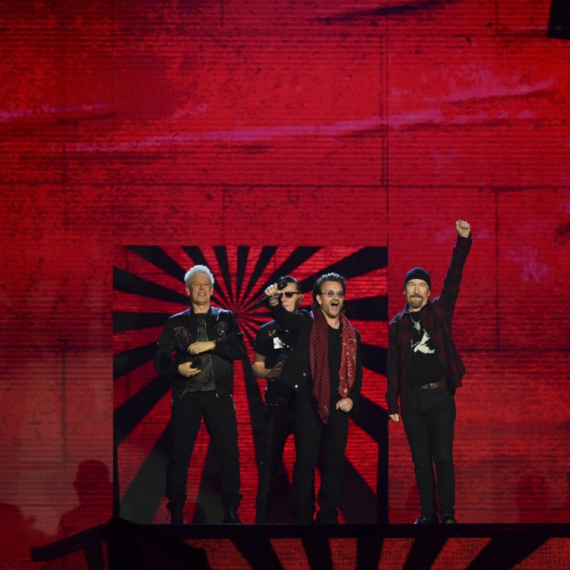

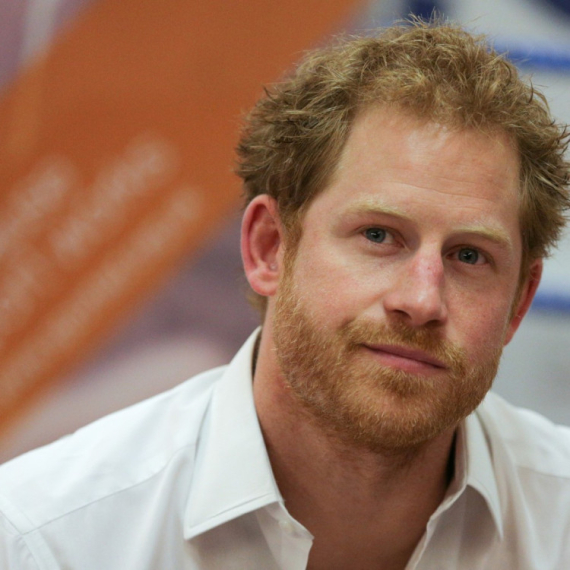





















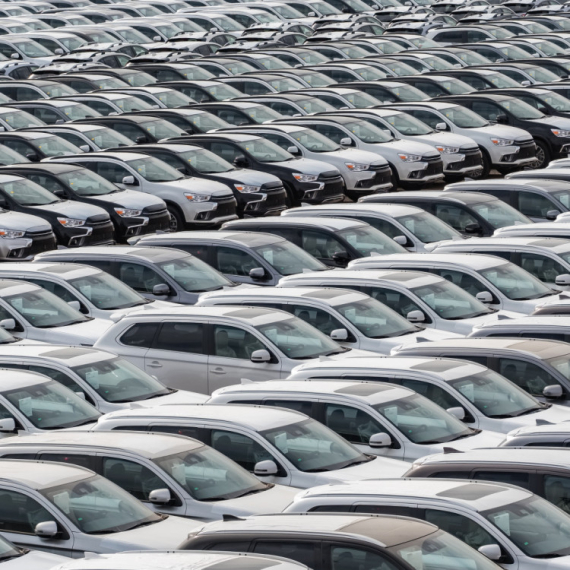




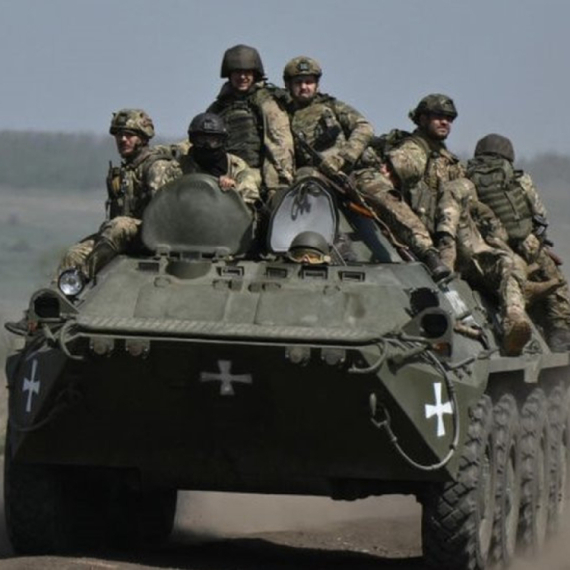
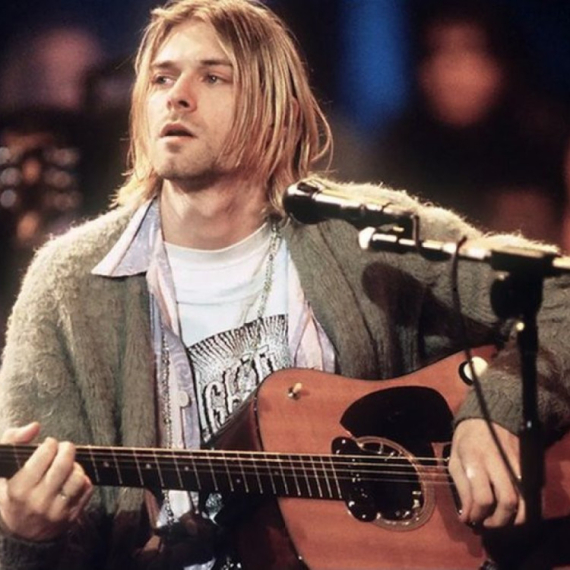
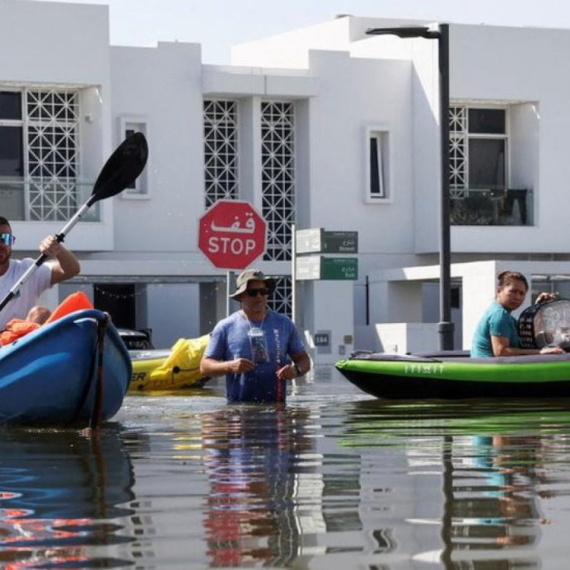

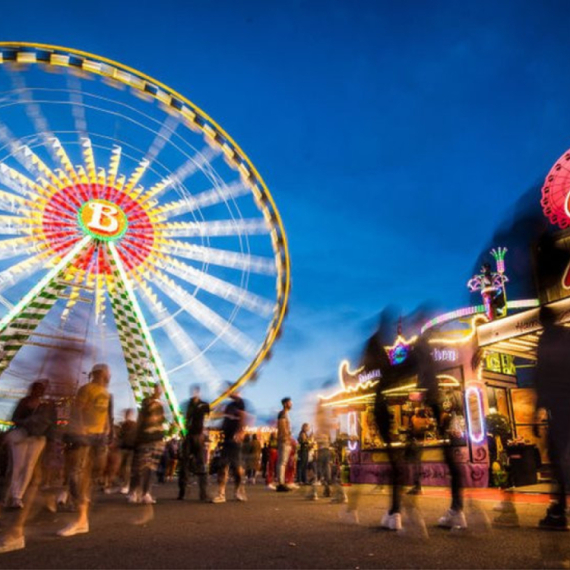

Komentari 0